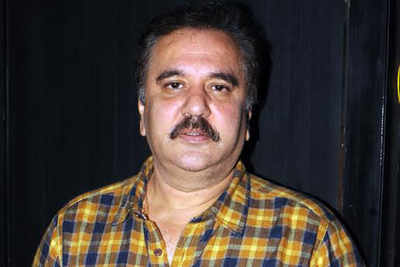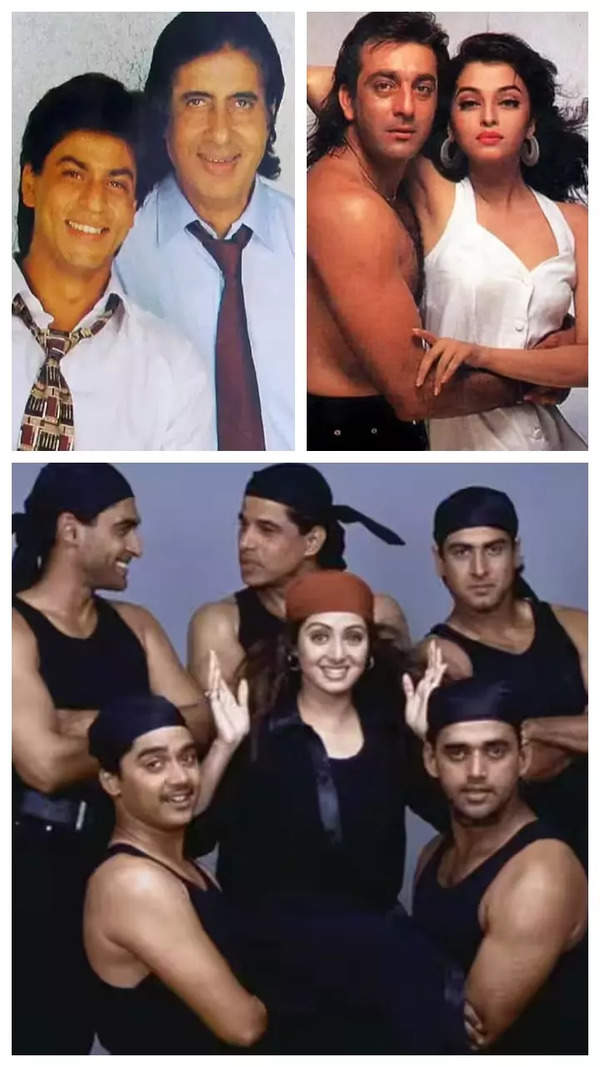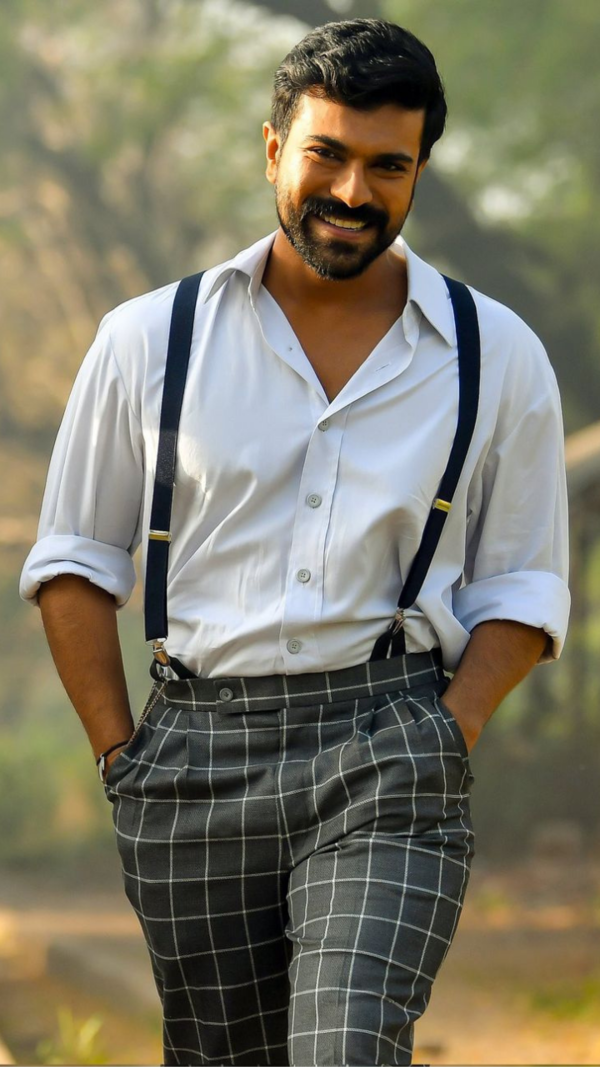- News
- entertainment
- hindi
- bollywood
- Indians should become more open to revision of history: Feroz Abbas Khan
Trending
This story is from August 28, 2014
Indians should become more open to revision of history: Feroz Abbas Khan
From Tumhari Amrita to Gandhi, My father to Dekh Tamasha Dekh, veteran thespian and director Feroz Abbas Khan has constantly strived to bring forth the hidden facets of society.

From Tumhari Amrita to Gandhi, My father to Dekh Tamasha Dekh, veteran thespian and director Feroz Abbas Khan has constantly strived to bring forth the hidden facets of society.
Ranchi Times caught up with the director, who was recently in the city for a film festival, and discussed a variety of issues. Excerpts:
Gandhi, My Father earned a lot of accolades for portrayal of Harilal, Gandhi’s son.
Once, I was reading a book on Mahatma Gandhi and suddenly came across a line that said: Mitti mein se insaan banane wale Gandhi ke khud ke bete insaan se mitti kaise ban gaye.It has often been observed that once a person starts to wage a movement of the scale Gandhi started, it’s his family that has to bear the brunt. The irony that spurred me to make this movie is that Mahatma, who is revered the world over for his beliefs, failed to rein in his own son.
Gandhi’s personal life has been a matter of debate for a long time, despite the fact that he has been absolutely open about it and constantly wrote about it in his newspaper, Young India, and even in his autobiography. The problem with this particular instance was an erroneous claim, arising out of wrong translation. There is a group of intellectuals in India that wants to elevate Gandhi to a God-like status, while another group keeps coming up with stuff to demonize him. It’s a constant struggle. But the best part is that it’s the sign of a vibrant society.
What are the risks involved in making a movie on real-life iconic figures and portraying them in an unconventional manner?
Indian society is essentially a divisive one. For instance, I can think of making a movie on Gandhi, as we know that the critics won’t resort to violence. On the other hand, if I try to make a movie on life of a more controversial figure, they might resort to violence, as has happened in the past. Our society is very comfortable with myths, and doesn’t want to look beyond these.
Don’t you think Indian cinema is lagging behind world cinema in terms of making revisionist movies on historical figures or incidents?
It’s better to live with the truth than live with a thousand manufactured lies. I hope our society becomes more open to revision of history.
Do you think that the parallel cinema movement is essentially dead?
It’s not completely dead, but efforts are on to make parallel cinema an extinct species. The main culprit behind this scenario is our society, which has become more comfortable living in an alternate reality.
Have you been to Ranchi before?
It was long ago. Ranchi has changed for better since then.The best part is that Ranchi, as a city, has a unique character, which I find very interesting.
Ranchi Times caught up with the director, who was recently in the city for a film festival, and discussed a variety of issues. Excerpts:
Gandhi, My Father earned a lot of accolades for portrayal of Harilal, Gandhi’s son.
Once, I was reading a book on Mahatma Gandhi and suddenly came across a line that said: Mitti mein se insaan banane wale Gandhi ke khud ke bete insaan se mitti kaise ban gaye.It has often been observed that once a person starts to wage a movement of the scale Gandhi started, it’s his family that has to bear the brunt. The irony that spurred me to make this movie is that Mahatma, who is revered the world over for his beliefs, failed to rein in his own son.
What do you think of the recent revelations drawn from Manuben’s diaries, Mahatma’s granddaughter, published in a news magazine?
Gandhi’s personal life has been a matter of debate for a long time, despite the fact that he has been absolutely open about it and constantly wrote about it in his newspaper, Young India, and even in his autobiography. The problem with this particular instance was an erroneous claim, arising out of wrong translation. There is a group of intellectuals in India that wants to elevate Gandhi to a God-like status, while another group keeps coming up with stuff to demonize him. It’s a constant struggle. But the best part is that it’s the sign of a vibrant society.
What are the risks involved in making a movie on real-life iconic figures and portraying them in an unconventional manner?
Indian society is essentially a divisive one. For instance, I can think of making a movie on Gandhi, as we know that the critics won’t resort to violence. On the other hand, if I try to make a movie on life of a more controversial figure, they might resort to violence, as has happened in the past. Our society is very comfortable with myths, and doesn’t want to look beyond these.
Don’t you think Indian cinema is lagging behind world cinema in terms of making revisionist movies on historical figures or incidents?
It’s better to live with the truth than live with a thousand manufactured lies. I hope our society becomes more open to revision of history.
Do you think that the parallel cinema movement is essentially dead?
It’s not completely dead, but efforts are on to make parallel cinema an extinct species. The main culprit behind this scenario is our society, which has become more comfortable living in an alternate reality.
Have you been to Ranchi before?
It was long ago. Ranchi has changed for better since then.The best part is that Ranchi, as a city, has a unique character, which I find very interesting.
End of Article
FOLLOW US ON SOCIAL MEDIA









